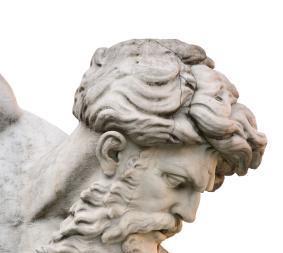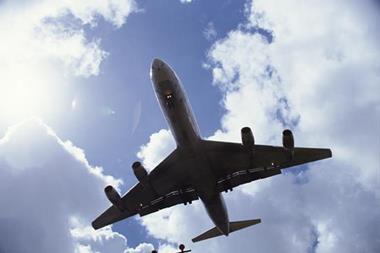Garry Honey argues that Terminal 5's chaotic opening has seriously eroded trust in the BA brand. The impact, he says, wont be felt overnight
Reading the national press the day after a chaotic launch of the new passenger terminal at Heathrow, there is no doubt that BA has again suffered a reputational hit. The question is really how much damage has been done? In order to calculate this it is important to define which stakeholder group is most significant in determining a reduction in value.
If investors were ditching unwanted BA shares as a direct result of the T5 problems then damage to reputation would be shown by a significant drop in market value. This would be clear evidence of reputation damage. If however potential BA passengers decided to switch carrier in the future, the subsequent loss of seat sales revenue would be far less immediate.
Reputation damage isn’t always instant. Reputation among investors is driven by issues of confidence and the return on investment, as one disenchanted employee at the airport said: ‘BAA will look at the receipts from retail and catering as its only measure of how well the day went.’ It is a different matter for passengers who can vote with their feet and switch to a more reliable carrier brand. Their desertion takes time to filter through to the bottom line.
“Yesterday was definitely not British Airways' finest hour. We disappointed many people and I apologise sincerely. I take responsibility for what happened. The buck stops with me.
Willie Walsh, chief executive of BA
This is not the first time BA has created a PR blunder, one remembers pictures of chaos caused by inept handling of labour disputes – caterers, check-in staff, baggage handlers, you name it BA was there in the headlines confronting the unions and giving the passengers grief. Yet still passengers keep booking with the brand - no longer claiming to be the world’s favourite – presumably due more to the flights schedule than reliability.
How then can you calculate the true cost of reputation damage? The answer is a complex blend of short and long term value erosion, and this is measured through a decline in trust in the brand. Reputation is part of the Intellectual capital that is wrapped up in the intangible assets of a business, the different between market capitalisation and book value. Many people talk about reputation damage but few actually know how to calculate it.
Garry Honey is founder of the reputation consultancy, Chiron. www.chiron.uk.net



















No comments yet